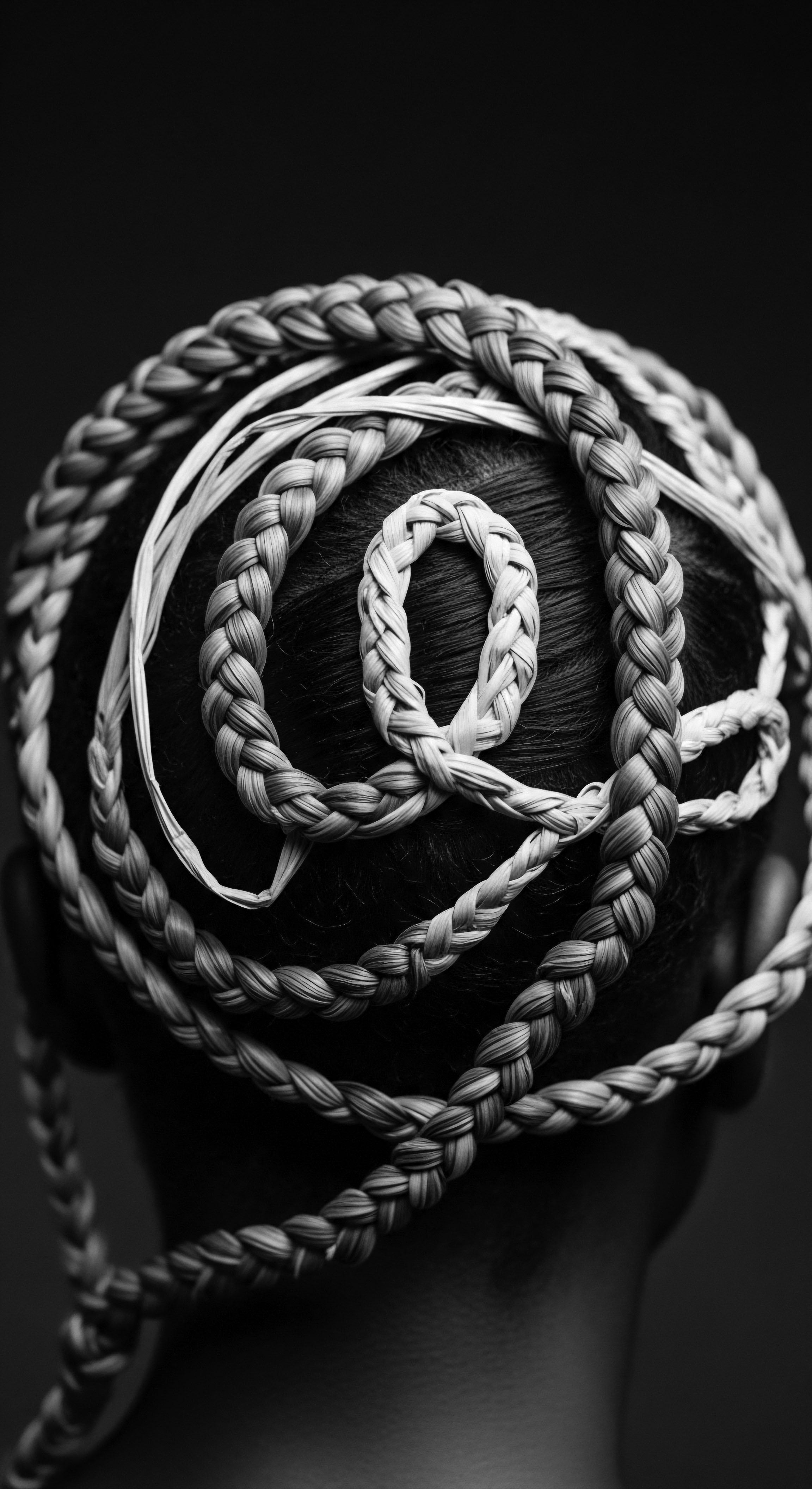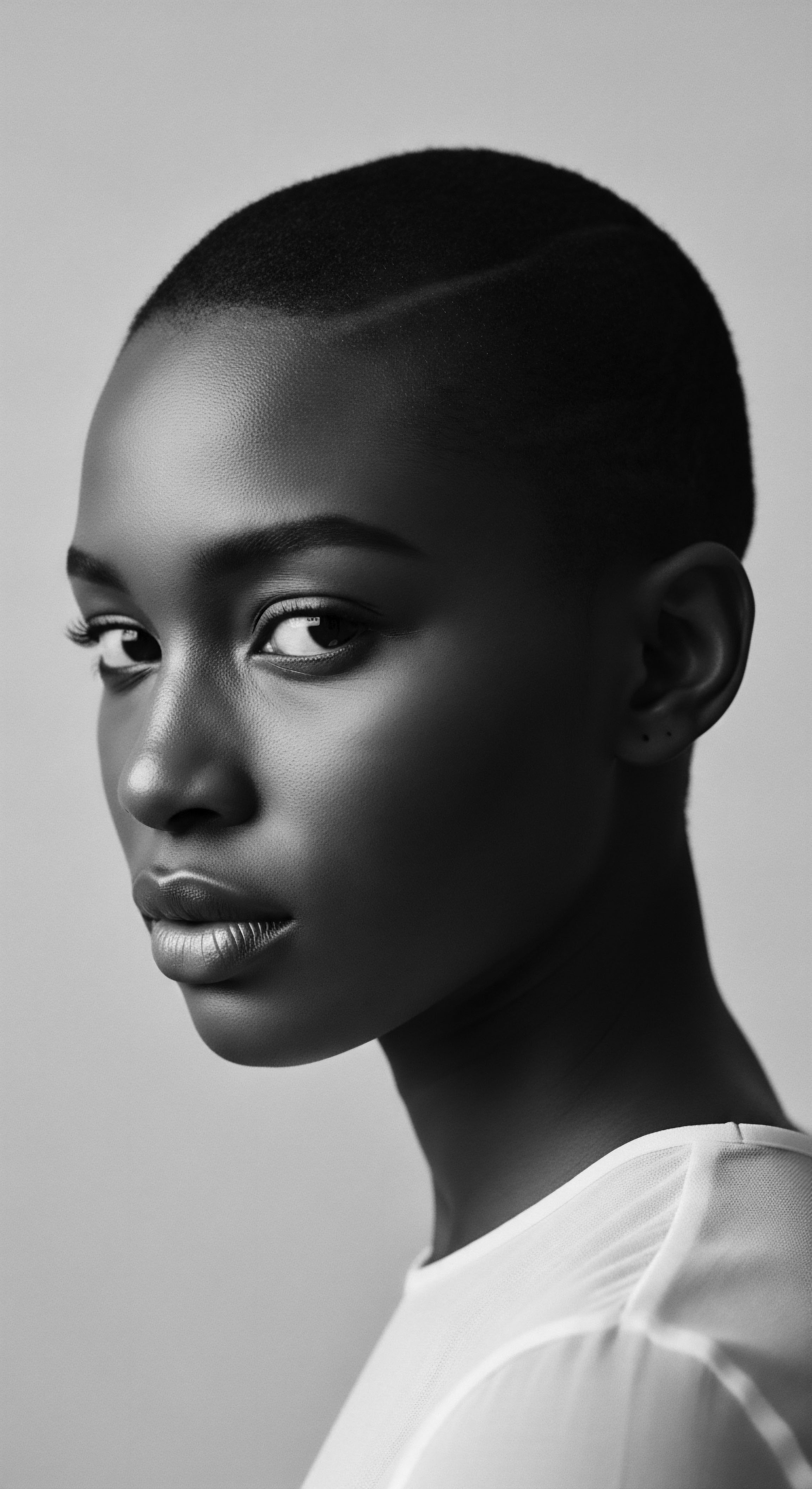
How Does Modern Legislation Protect Natural Hairstyles of Heritage?
Modern legislation protects natural hairstyles of heritage by explicitly prohibiting discrimination based on hair texture and traditional protective styles.
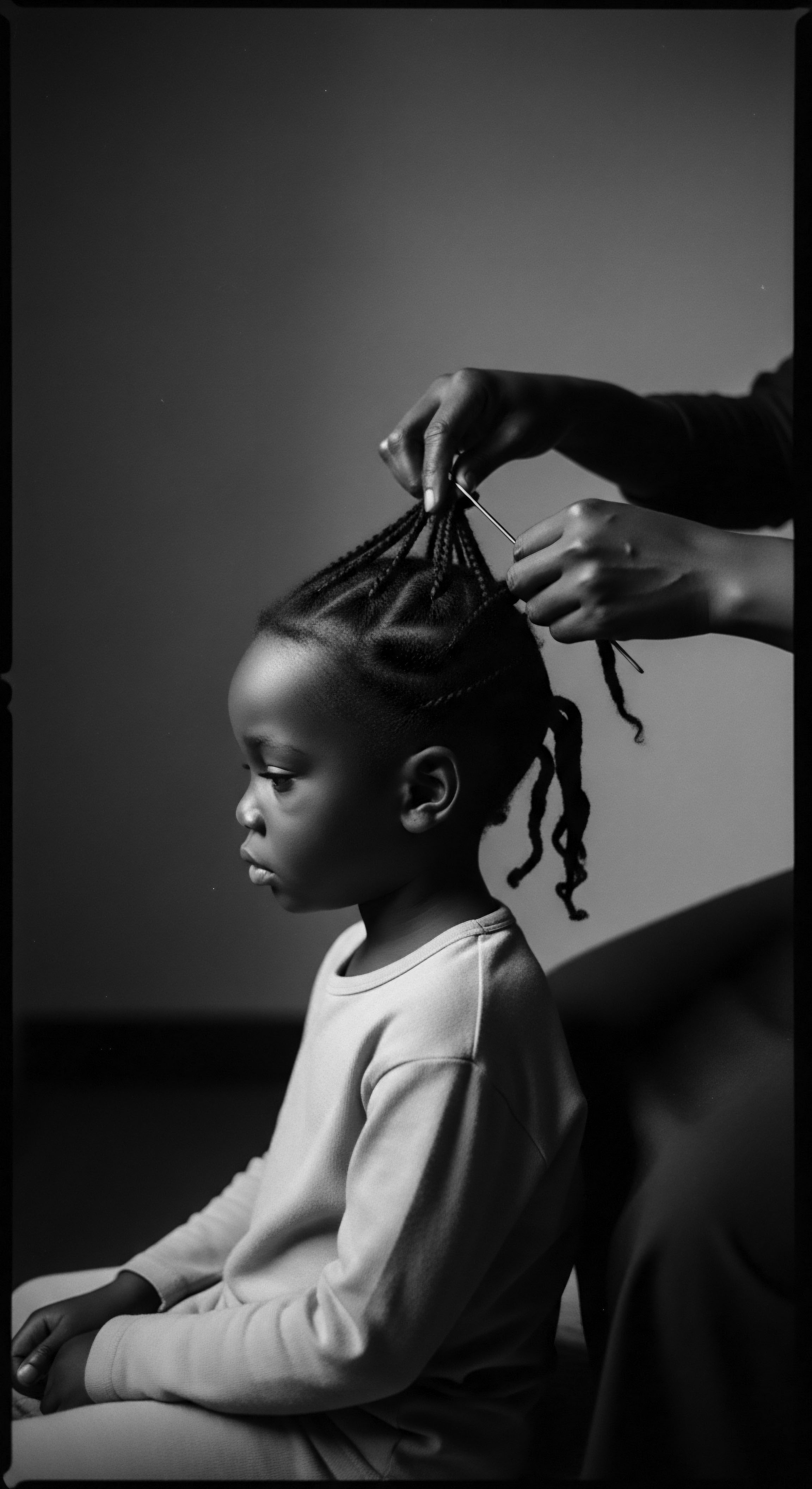
What Historical Role Did Hair Braiding Play in Resistance?
Hair braiding served as a vital, covert tool for survival and cultural preservation among enslaved communities.
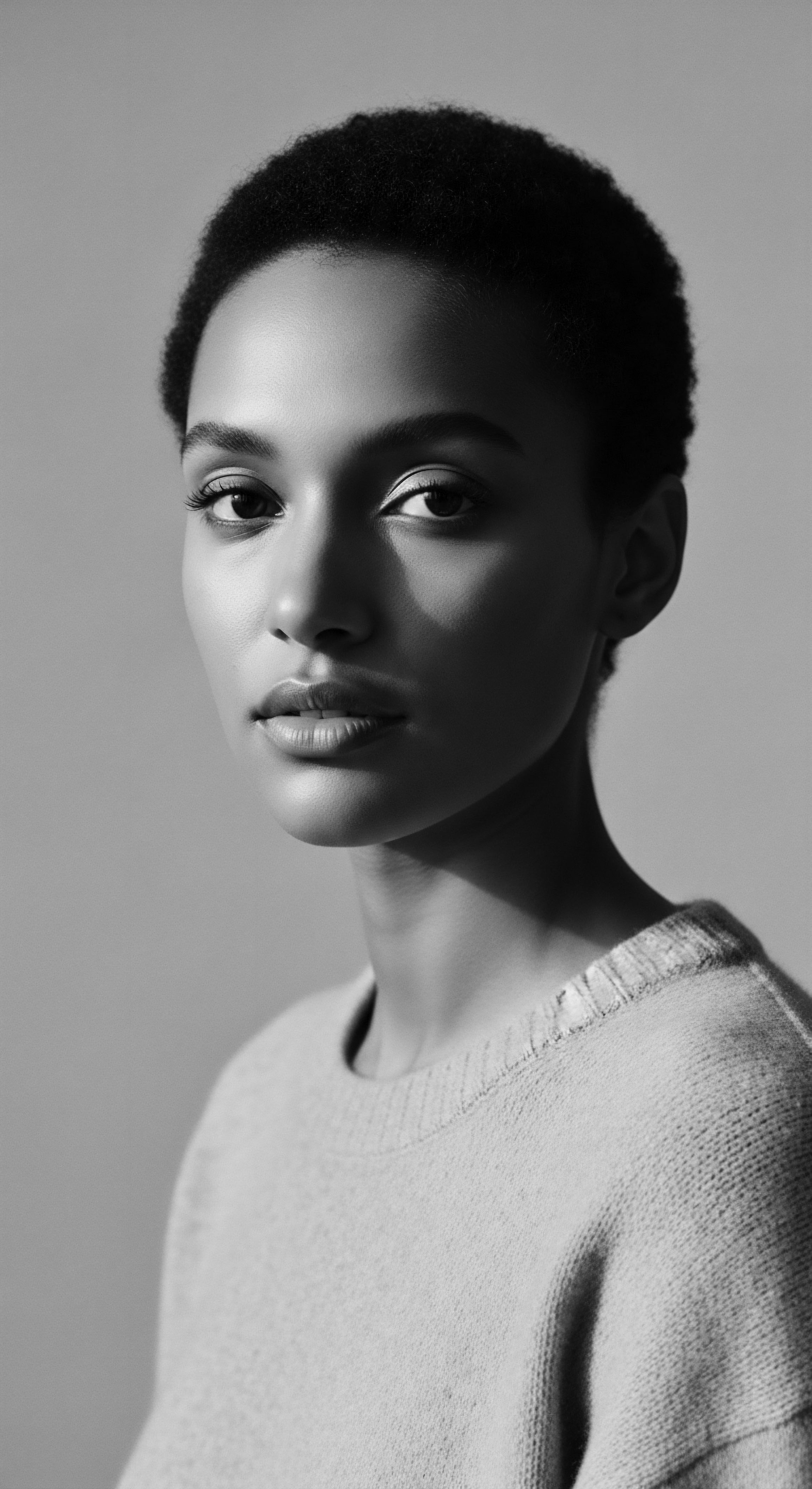
How Did Legal Challenges Impact the Acceptance of Natural Black Hairstyles?
Legal challenges significantly hampered the acceptance of natural Black hairstyles by deeming them unprofessional and separable from racial identity, thereby impacting textured hair heritage.
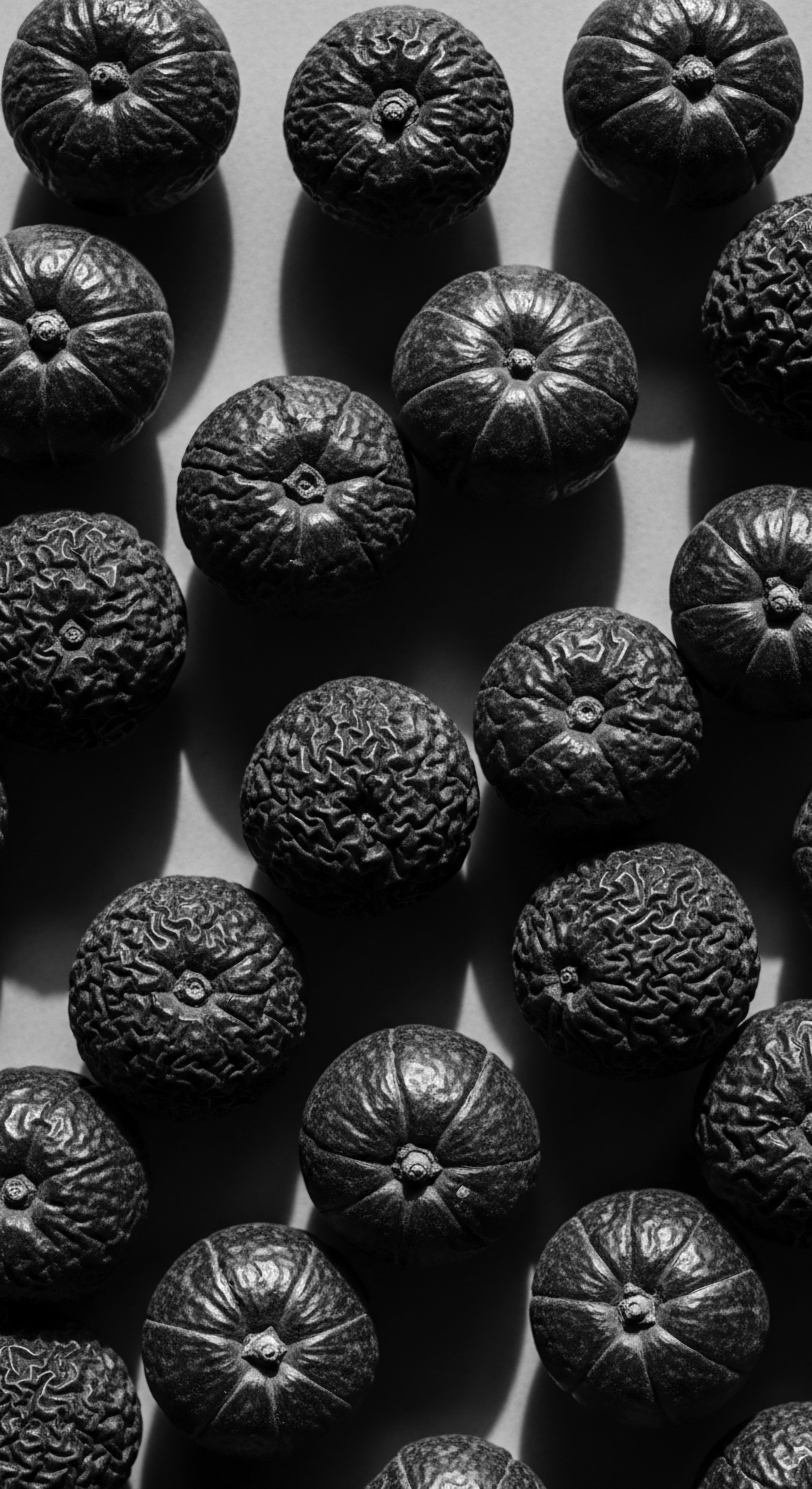
Black Hair Misconceptions
Meaning ❉ Black Hair Misconceptions are historically rooted, inaccurate beliefs about textured hair's nature, care, and cultural significance, perpetuating systemic bias.
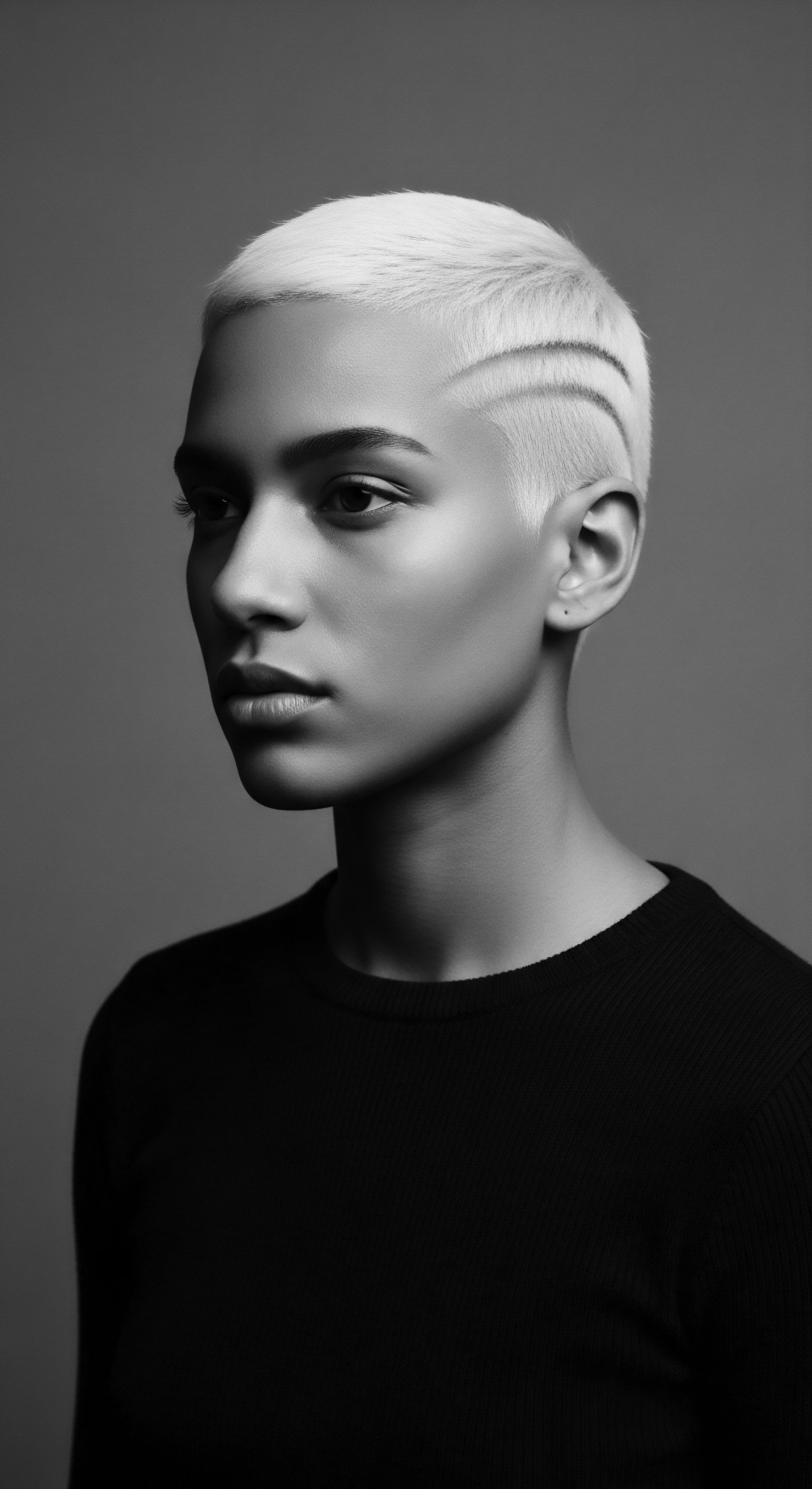
What Ancestral Practices Honor Hair’s Unique Heritage and Health?
Ancestral practices honor textured hair heritage by linking biological design with cultural identity, traditional care, and enduring community bonds.
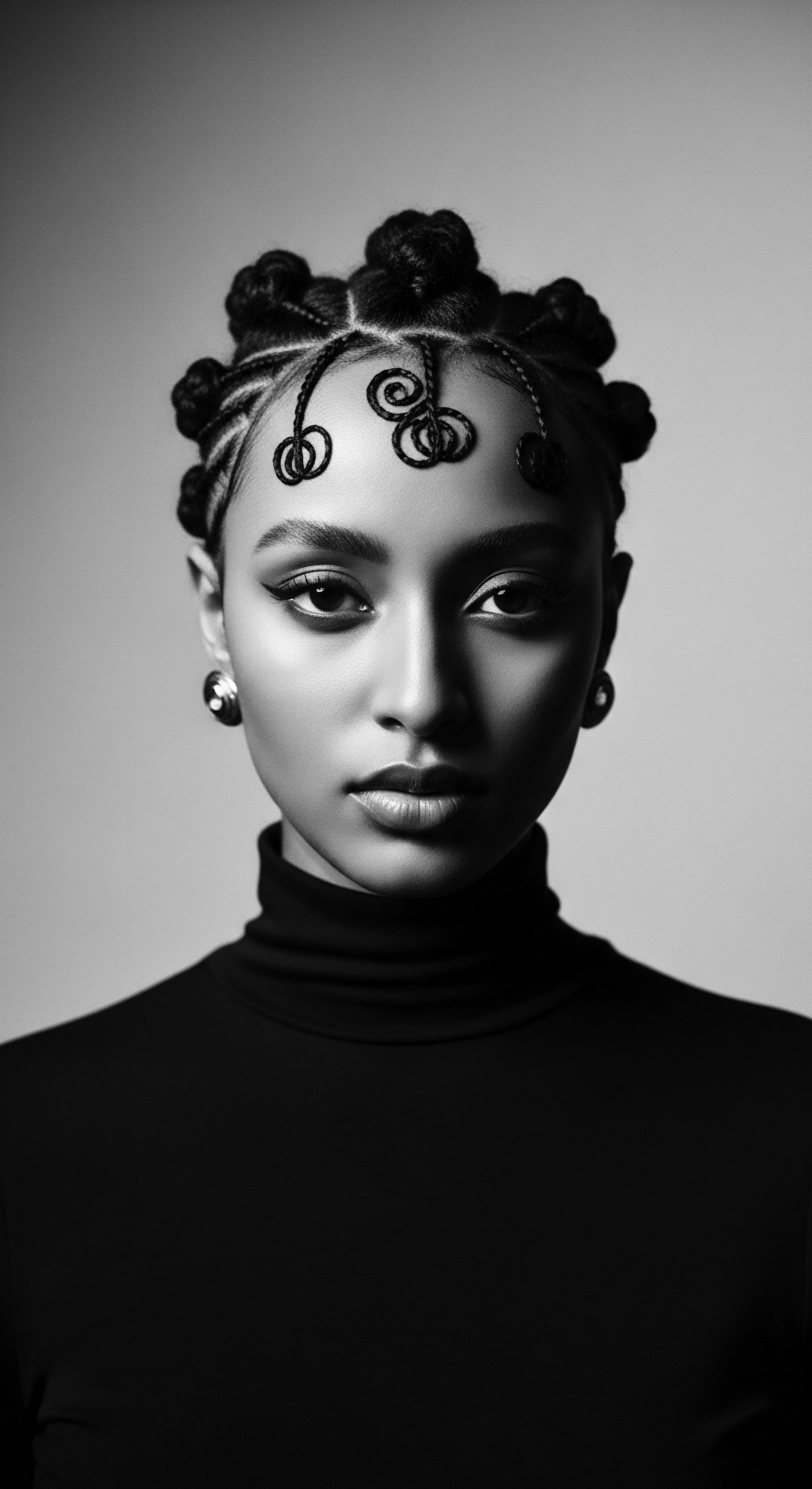
Do Modern Laws Protect Natural Hairstyles and Textured Hair Heritage?
Modern laws increasingly protect natural hair, recognizing it as a vital expression of textured hair heritage and racial identity.
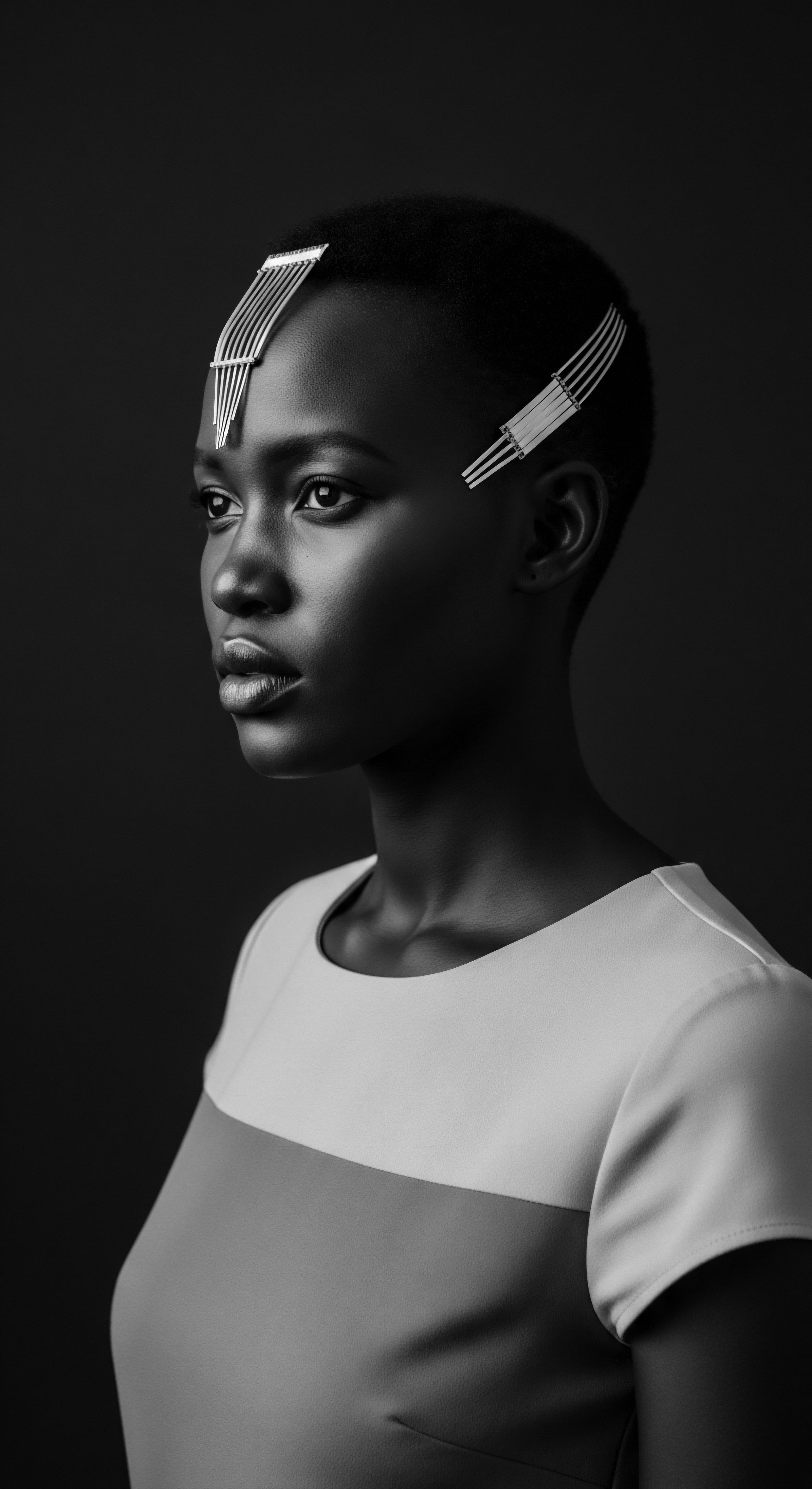
How Do Natural Hairstyles Represent Cultural Identity and Heritage?
Natural hairstyles represent a deep connection to textured hair heritage, symbolizing identity, resistance, and continuity across generations.

